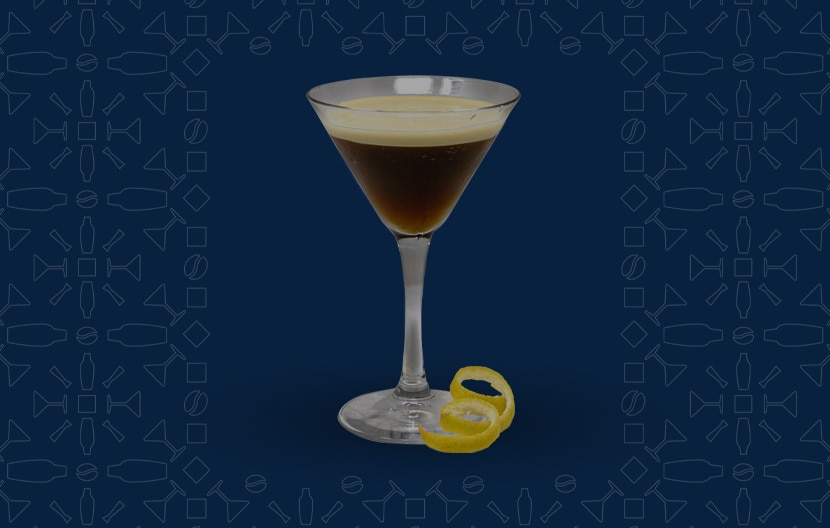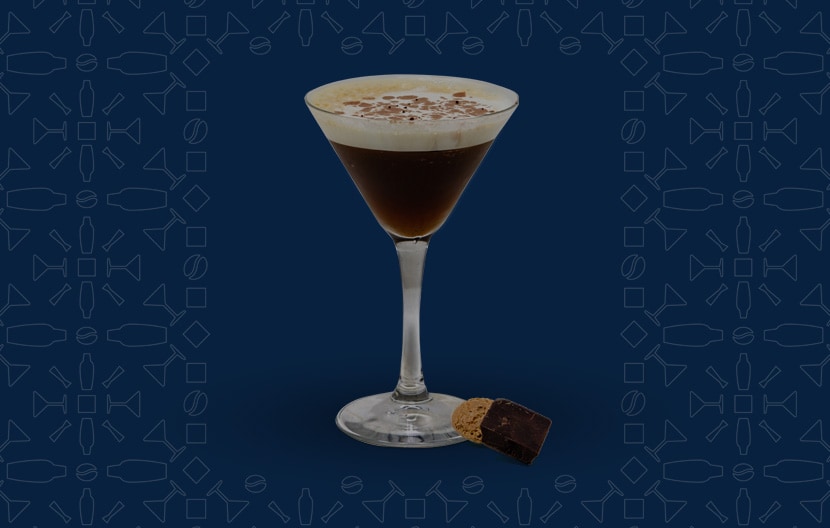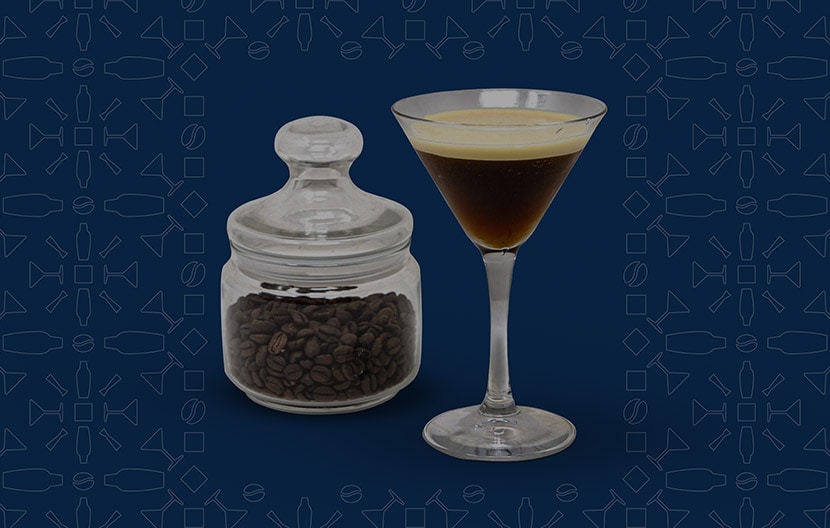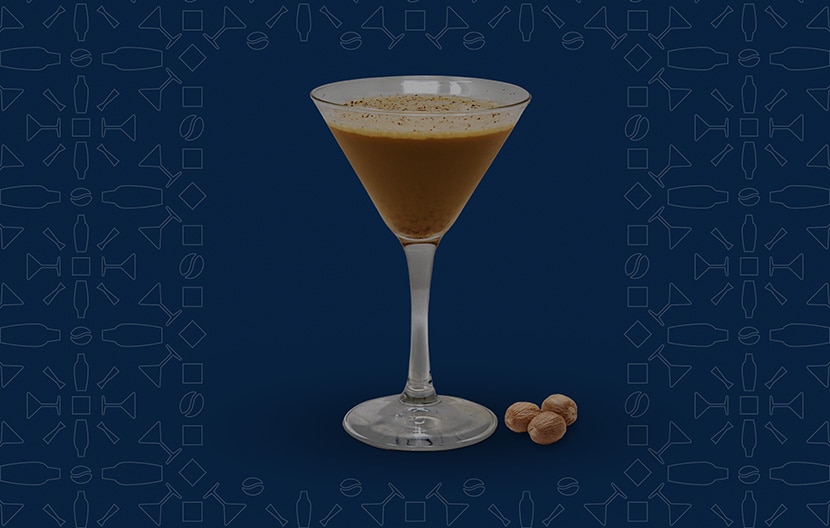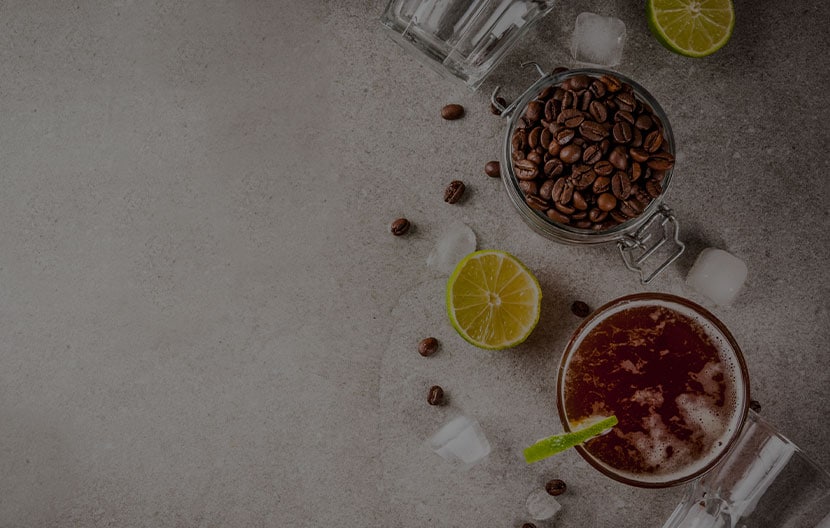

How to make filter coffee in a few steps
Coffee is no longer as simple as it once used to be. During the last years, coffee shops and sellers have radically changed our approach towards our everyday cup by diversifying in countless ways our tasting experience. Among the myriad of methods for brewing it, we are about to concentrate on filter coffee to see how to prepare it the best way by simply following a few steps!
The preparation of a filter coffee
Let's now see the good tips allowing you to brew the best filter coffee ever made:
- Use only freshly roasted coffee – It will ensure you the pleasure of the smooth, aromatic complexity of your filtered coffee, since nothing compares to a freshly roasted coffee!
- Wait until the very last moment to grind your beans – Since their flavours tend to fade rapidly, you will have to chance to sense savour them gradually. The rule is simply and easy to get: the fresher the grind, the better the flavour!
- Choose the right grind size – Whether some coffee equipment require a finer grind, others are up to a course one. When choosing correctly, water will not pass too quickly nor too slowly through your coffee grounds. In this case you should go for a medium - course [PM1] grind size, and the outcome will be a perfectly balanced cup !
- Use filtered water – By filtering your water, you will be able to remove any residual tastes or odours. You water will turn out to be cleaner, providing a more neutral taste and representing the best foundation for a delicious and great-tasting coffee!
Finally, don't forget to rinse your filter beforehand to remove any residual tastes that might affect the taste of your coffee

The difference between filtered coffee and espresso
Espresso and filtered coffee basically follow the same concept: in both cases, their preparation requires pouring hot water over the coffee grounds. Then the water passes through them and a filter, finally falling into a vessel. Nevertheless, there is a key difference between them! Because of gravity, instead of being pushed through with pressure, the preparation of filtered coffee involves water to solely run through the coffee grounds. It is for this reason that the brewing process takes a little longer, though providing a different yet blissful result.
Another difference between the two methods is that you certainly need more coffee grounds and more water in order to prepare your delightful, filtered coffee. Also called pour over or drip, this last tends to draw less acidity and accentuate more a complex flavour. Here because it is a popular brewing choice when it comes to single origin coffees, as it surely allows the consumer to truly savour all the aromas involved. Unlike espresso, its density and layers make high quality filtered coffee clean and consistent, since the more water you add, the more coffee oils and fragrances will be absorbed. Furthermore, apart from lowering acidity, this will provide a milder and pleasing mouthful.
In addition, as stated by a Norwegian research, coffee can be in a certain way considered a healthy drink, and it may be even better for you when brewed via filter. According to the researchers, drinking filtered coffee has in fact been associated with a 15% in the risk of premature death for both men and women. Though, rates were significantly lower with unfiltered coffee.
